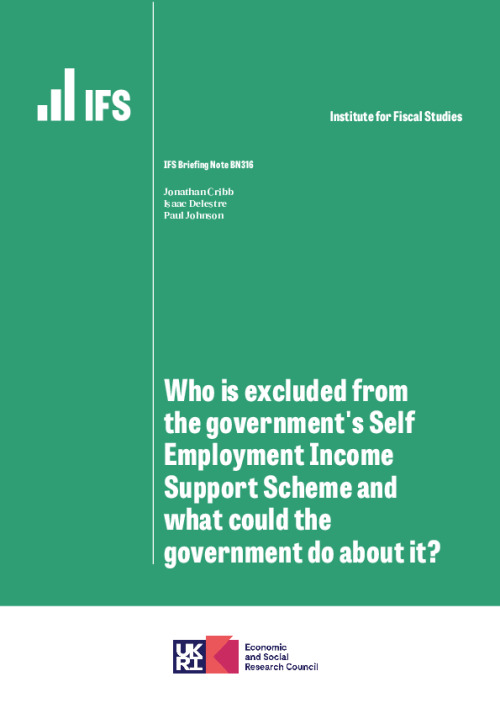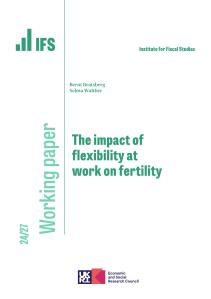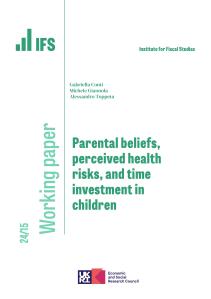The government has provided huge amounts of financial support to working people since the start of the pandemic, with its furlough scheme for employees forecast to cost £62.5 billion in 2020–21 and the Self-Employment Income Support Scheme (SEISS) forecast to cost £21 billion up to January 2021, with expected costs of up to a further £7 billion to cover the period from February to April 2021.
SEISS provides payments once per quarter worth 80% of pre-pandemic profits up to a cap of £7,500 (per quarter) for eligible self-employed workers who have been adversely affected by the pandemic. However, despite huge spending on these support packages, important groups of self-employed workers are not eligible for it. This short briefing note sets out what we know about who have been excluded from this support and what options the government has for extending it to them.
Key findings
- The government’s Self-Employment Income Support Scheme (SEISS) is a generous form of income support for those who are eligible for it. It has been paid to (at least) 2.6 million people, costing £21 billion up to January 2021. At least three-quarters of the potentially eligible self-employed population have taken advantage of this scheme compared with the 30% of employees who were benefiting from the furlough scheme at its peak last May.
- However, around 1.8 million self-employed people and around 700,000 company owner-managers are not eligible for support through the scheme.
- For some of these people, it is technically very difficult for the government to provide targeted support. This is the case for owner-managers and newly self-employed people.
- This is not the case for the 1.3 million self-employed people who have less than 50% of their income coming from self-employment, or for the 225,000 people who have profits in excess of £50,000. The government has actively chosen to exclude these people from SEISS.
- There are clear injustices in the way these people are excluded, not least in the hard cut-offs which mean someone with profits of £50,000 can claim the maximum available while someone with £50,001 can claim nothing. Equally, someone with 51% of declared income from self-employment can claim the maximum, while someone with 49% can claim nothing.
- More than half of self-employed people with less than 50% of their income from self-employment have total personal incomes of under £25,000, meaning that targeting support at this group would affect many people with low or moderate personal incomes. They also have relatively low levels of self-employment profits (more than half have profits under £5,000 per year). 45% of people in this situation are women compared with just 35% of those supported by SEISS. We estimate that extending SEISS to them would be relatively cheap in comparison with other spending on government support schemes (between £500 million and £800 million per quarter, with average quarterly payments of between £600 and £1,000 per person).
- People earning over £50,000 per year in self-employment profits have on average very high incomes. While over half of them have incomes between £50,000 and £100,000, some will have much higher incomes. But denying support to them entirely creates a clear unfairness for people who earn just over £50,000 compared with those earning just under, and is inconsistent with how the furlough scheme works for employees. Extending SEISS fully to this whole group would cost £1.3 billion per quarter with a payment of £7,500 per person. Providing a tapered form of support to those with profits between £50,000 and £100,000 would cost must less: around £350 million per quarter.
- Fully supporting those with less than half their income from self-employment and providing some support to those with prior self-employment income between £50,000 and £100,000 would likely cost around £1 billion per quarter. That is just 5% of the cost of SEISS to date (and around 1% of the combined cost of the SEISS and furlough schemes to date). It is hard to believe it would be significantly less well targeted than the current SEISS, and it would certainly support a significant number of people facing financial difficulties.












